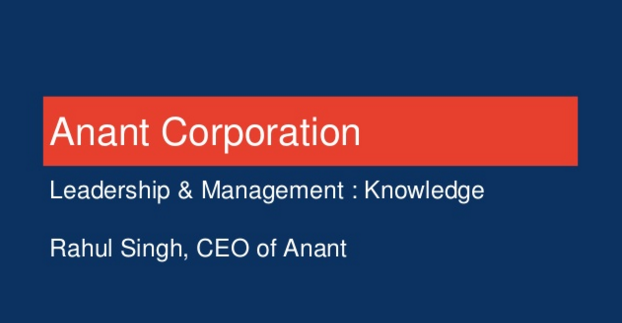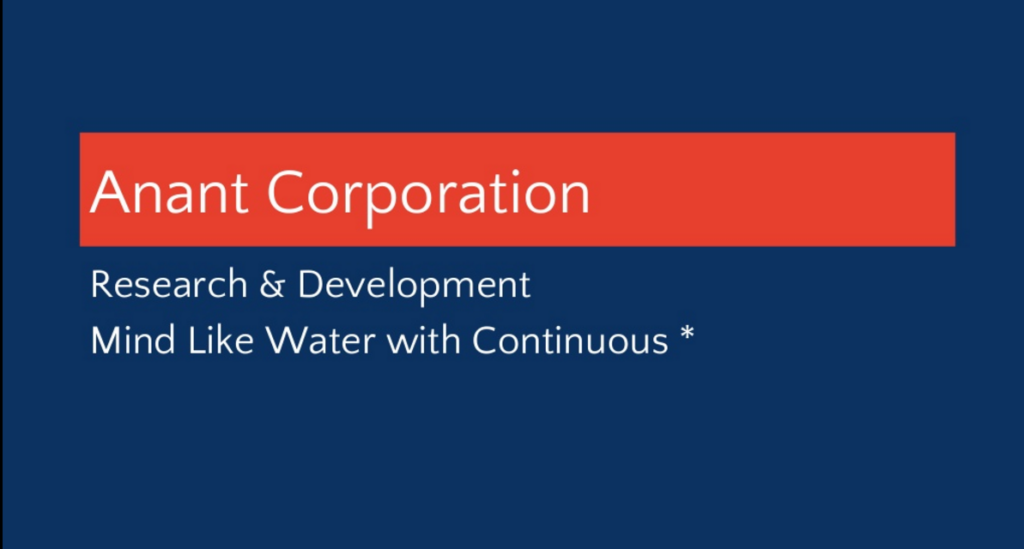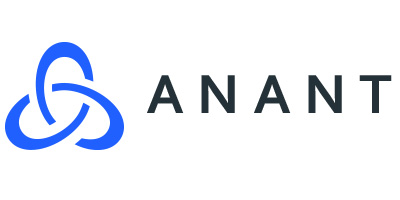 Ever since Peter Drucker wrote “The Coming of the New Organization,” leaders have had a choice. The choice is to either learn how to breathe , drink, and eat knowledge to survive, or drown in the sea of information while others thrive on it. The choice isn’t just to sink or swim, but to embrace the coming world. The choice is to evolve or become extinct. What will you do?
Ever since Peter Drucker wrote “The Coming of the New Organization,” leaders have had a choice. The choice is to either learn how to breathe , drink, and eat knowledge to survive, or drown in the sea of information while others thrive on it. The choice isn’t just to sink or swim, but to embrace the coming world. The choice is to evolve or become extinct. What will you do?
Drucker was forward thinking in 1988, and now nearly 30 years later, his prophecy has yet to be realized. The reason is that there are more and more sources of information, data, and knowledge that individuals and groups organizations must deal with on a daily basis.
Each person is bombarded with information from text messages, emails , social media, chat software, news feeds, traditional media, and of course word of mouth. How can team leaders capture knowledge and leverage it for their team and their constituents?
At our firm, Anant, we have always had a tradition of continuous improvement and learning. As we began our journey nearly 5 years ago, we didn’t anticipate that our major struggle would be the same struggle that we wish to help others with in creating modern enterprise. That challenge is knowledge management.
As we continued to re-focus yearly, and now semi-annualy, we chose to dig deeper into the challenge of our fellow entrepreneurs. When I began the “Modern Enterprise” research at Georgetown University nearly 3 years ago, I wanted to document how companies and teams were organizing themselves on the Internet. As we continued to interview individuals from different types of organizatins, we began to see patterns emerge in what we call the “Modern Enterprise.” Drucker’s “new organization” article talked about how organizations should be conducted like orchestras with knowledge being the music sheet. This is ideal when all members of the team can read the same music sheet and see the conductor in one place. That is not always the case.
Today’s leaders, the modern enterprise builders have a bigger challenge. They need to coordinate People, Processes, Information, and Systems across the globe, in different time zones, in different data centers, and on different pieces of software. They need to act as if they have a mature Internet Architecture and Strategy for operations even if they are only 5-10 people.
The first rule of any technology used in a business is that automation applied to an efficient operation will magnify the efficiency. The second is that automation applied to an inefficient operation will magnify the inefficiency.
– Bill Gates
Any modern enterprise that has started in the last 5-10 years more than likely leverages at least 10 different online tools that don’t talk to each other. Although we are creating the software to help people streamline, organize, and unify business information (data, knowledge, etc.) without programming, we had to first understand how to do this manually. We had to first think about the most efficient way for us to consume, leverage, and produce knowledge within and outside the firm.
We aren’t there yet, but we are continuously improving. Our current process today is based on David Allen’s Getting Things Done methodology which helps practioners how to convert information or “things” into actions that produce results towards accomplishments of life goals. We leverage the same major processes in GTD but with knowledge at an organizational level.
- Collection: Messages/Chat/Email/Links/PDFs/Books/etc.
- Processing: What/Who/Why (Trash? Knowledge? Information?)
- Organization :Where/What Purpose (Project, Client, Industry?)
- Review : Cleaning House, Update Documentation
- Do/Delegate :What More? Create Something? Buy More Knowledge?




